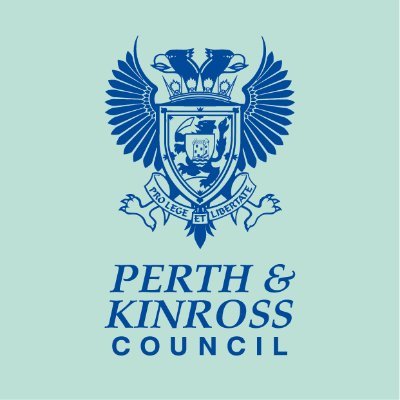Perth & Kinross asked to commit to ‘social contract’ to eradicate poverty

Councillors will be asked to endorse a new “social contract” committing Perth and Kinross Council to working alongside the Anti-Poverty Task Force in eradicating poverty this week.
Despite being a relatively affluent area, Perth and Kinross has around 30,000 people living below the poverty line, with approximately 27,200 in deep or very deep poverty.
Tackling poverty is one of the council’s main priorities and the local authority helped establish the Anti-Poverty Taskforce jointly chaired by the chief executives of PKAVS and Giraffe to address poverty across Perth and Kinross. The Taskforce brings together a range of partners, including the council, to work together on addressing poverty.
Councillors will also discuss the sixth Annual Child Poverty Action report, which reveals there are still 5,750 children living in poverty in Perth and Kinross and sets out the actions that are being taken to reduce this number.
Council leader Councillor Grant Laing said: “Many people view Perth and Kinross as an affluent area but the truth is poverty is a real and growing problem for many of our residents.
“The Covid-19 pandemic and the cost-of-living crisis have both contributed to a situation that requires dedicated and co-ordinated action to solve.
“For those living in poverty every day is a struggle and things that are an inconvenience to many of us – an unexpected bill or a spell of cold weather – can lead to a crisis for those on or close to the breadline. It is vitally important we support those people who find themselves in poverty.
“Those living in rural areas, as many do in Perth and Kinross, also face additional challenges regarding employment, housing, transport and more.”
Councillor Laing added: “The actions we are taking are showing results – there are now around 200 fewer children living in poverty now than there were last year. But that still leaves nearly 6,000 in poverty.”
The social contract sets out four key principles that will guide the council, and its partners, as they strive to lift residents out of poverty. These are:
- No one should be in deep poverty:
- Those unable to work should not be in poverty:
- People should try to increase their earnings:
- Low earners should not be in poverty:
As part of these efforts, the council is being asked to renew its commitment to collaborating with community partners, the third sector, and local communities to secure extra resources and support for those in deep poverty and provide additional resources for those unable to work due to health, disability or caregiving responsibilities.
It is also being asked to support job seekers and those wanting to work more hours and help those on low incomes to achieve a better standard of living.
Shaheena Din, joint chair of the Anti-Poverty Taskforce, said: “Change happens when we come together. By working as one, we can make a real difference in lifting people out of poverty, because no one person or organisation can tackle this challenge alone.”
She added the Anti-Poverty Taskforce supports a range of people who are struggling to make ends meet. These include:
- People facing ongoing hardship: Those on low incomes, whether they are receiving benefits or not, and may not be getting the support they’re entitled to.
- People in deep poverty: Including single individuals without children, people from ethnic minorities, and households where someone has a disability.
- Those on or just below the poverty line: those struggling to make ends meet.
- People just getting by: managing on their own but often have little or no money left at the end of the month.
- Asset rich but cash poor: Homeowners with limited savings and financial assets that are hard to access and facing hardship.







